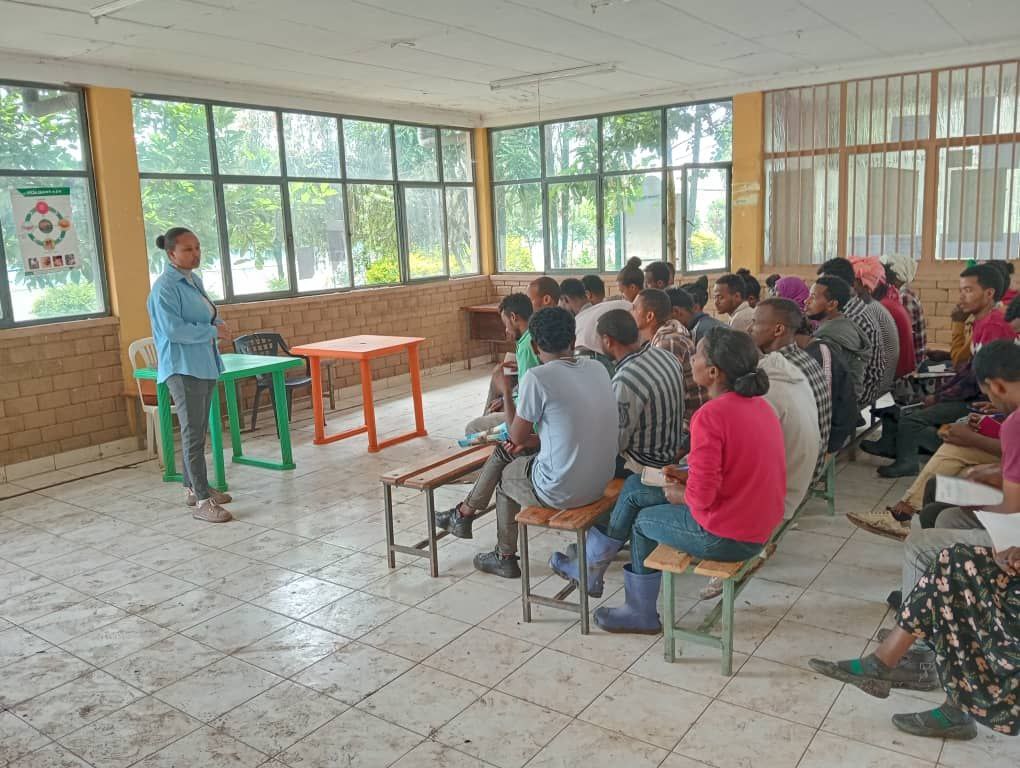
The Ethiopian Horticulture Producer Exporters Association (EHPEA) is stepping up its fight against the False Codling Moth (FCM), a devastating pest that threatens Ethiopia’s vital flower industry at Wolkite Custer and Tulubolo.
Training Targets Farm Staff:
EHPEA’s program equips farm managers and crop protection staff with the knowledge they need to combat FCM. Training covers:
- The national importance of controlling FCM
- Identifying FCM
- Understanding FCM biology and lifecycle
- Implementing effective FCM management strategies
- Putting the national FCM protocol into action
Why is FCM a Threat?
FCM attacks over 70 crops, including roses, a major Ethiopian export. The European Union (EU) classifies FCM as a quarantine pest, requiring inspections of 25% of Ethiopian roses. Increased inspections could disrupt trade between Ethiopia and the Netherlands, a key flower importer.
Ethiopia’s Flower Industry: A Major Contributor
Ethiopia’s flower industry is a vital part of the country’s economy. In the past year alone, flower exports generated $432 million USD, contributing 20% of GDP and creating jobs for over 200,000 people.
Success Through Collaboration:
Thanks to strong collaboration between EHPEA, member farms and Ethiopian Agricultural Authority (EAA), FCM interceptions have been kept to a minimum, with only 3 recorded in the past year. This demonstrates the Ethiopian flower industry’s commitment to combating this emerging pest.
